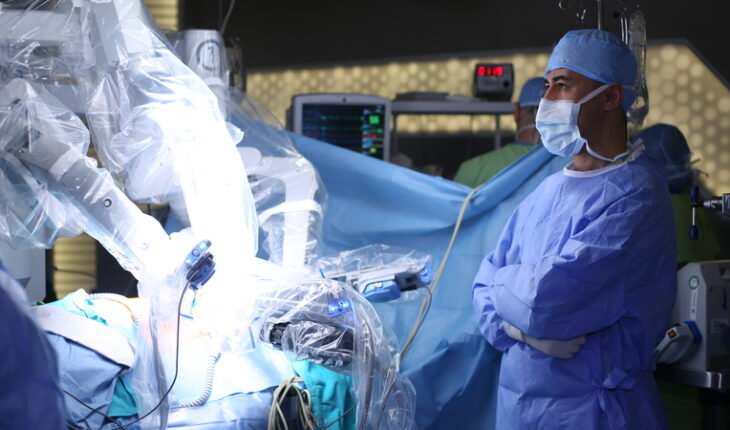Undergoing surgery can be a daunting experience, and it is crucial to have open and honest discussions with your doctor about the potential risks associated with the procedure.
Infection
Infection is a common risk after surgery, and it is important to discuss this concern with your doctor. Surgical procedures involve incisions, which provide a pathway for bacteria to enter the body. Your doctor will explain the steps taken to minimize the risk of infection during and after the surgery. It is important to follow proper wound care instructions provided by your doctor or healthcare team. Signs of infection include redness, swelling, increased pain, warmth around the incision, or discharge. If you experience any of these symptoms, it is crucial to inform your doctor promptly, as early detection and treatment can prevent the infection from spreading. Antibiotics may be prescribed to take before and/or after the surgery to reduce the risk of infection. Your healthcare team will monitor your vital signs and wound during follow-up visits to ensure that any infections are caught early.
Painkiller Dependence
Post-surgery pain management often involves the use of painkillers. While these medications play a vital role in managing pain and promoting recovery, they also carry the risk of dependence and addiction. It is essential to discuss this risk with your doctor to ensure the responsible and safe use of painkillers. Your doctor will provide guidance on the appropriate dosage and duration of pain medication. It is important to follow these instructions carefully and not exceed the prescribed dose. Regular communication with your doctor regarding your pain levels will help determine the need for ongoing pain management and potential alternatives to opioids. Be aware of signs of painkiller dependence, such as requiring higher doses to achieve the same level of pain relief, experiencing withdrawal symptoms when attempting to stop using the medication, or seeking prescriptions from multiple doctors. Going to several doctors to fill your prescriptions is a sign of addiction.
Blood Clots
Blood clots, or deep vein thrombosis (DVT), can be a serious complication after surgery. Immobility during the recovery period increases the risk of blood clot formation. It is important to discuss this risk with your doctor and take appropriate preventive measures. Your doctor may recommend methods to reduce the risk of blood clots, such as early mobilization, leg exercises, compression stockings, and medication to thin the blood. Understanding the signs and symptoms of blood clots, such as swelling, pain, warmth, or redness in the affected area, is crucial. If you experience any of these symptoms, it is important to seek medical attention promptly. Discussing your medical history and any pre-existing conditions that may increase the risk of blood clots, such as a history of DVT or certain genetic disorders, will help your doctor tailor preventive measures specific to your situation.
Open communication with your doctor regarding potential post-surgery risks is vital for a safe and successful recovery. By having these discussions, you and your doctor can work together to mitigate risks and ensure a smooth recovery process.
Did You Enjoy Reading This Article? Here’s More to Read: How to Avoid Disabling Injuries and Illnesses




